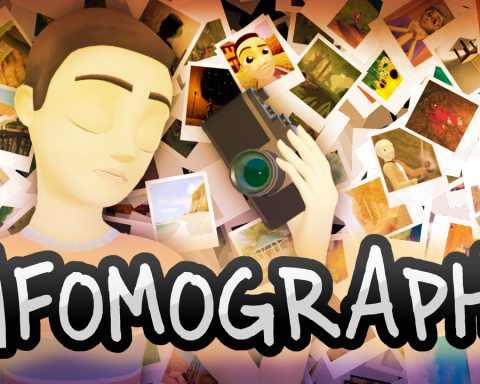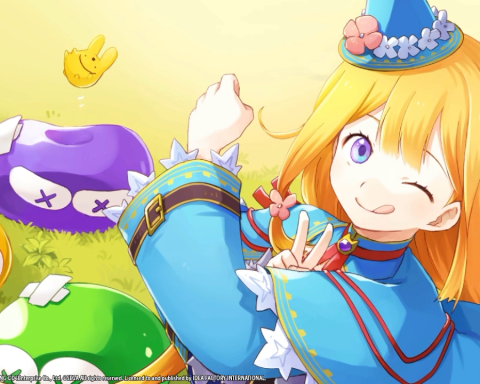Bronze is really, really good value. That the game is available exclusively on PC is a little strange, because it’s basically a Eurogame board game designed for one player, when the the iPad is now much better for this genre. And while we’d love to see a physical board game version of it or a port to the iPad, the PC game is hugely addictive and a good place to start for this franchise.
 |
| It’s not the most action-packed game, of course |
Like most Eurogames, Bronze is easy in theory, tough to perfect. Essentially, the game plays out on a grid of squares, while you and other ‘civilisations’, take turns to place a variety of buildings on the grid and expand your influence.
These buildings have a range of effects – from the humble farm, which does little more than grant you another space on the board – through to military tents, which convert enemy buildings to your side, and villages, which gift you a ring of farms around the space – substantially increasing your real estate mastery. Naturally, the better buildings also cost more, and money is scarce to come by, so there’s some light financial management involved as well.
The goal is to gain as many spaces as possible – the winner is the one with the most at the end of the game, so in a way Bronze is a hyper-detailed version of the classic graph paper game, boxes.
 |
| The campaigns feature a large overworld map – so this is a board game within a board game |
Because the game is focused on single player (there’s a multiplayer mode, but it’s hotseat, and who’s going to pass a laptop around to play a board game?), the AI needed to be good, and it is – it only takes a couple of mistakes for the game to come crashing down around you and leave you with a broken empire.
To extend the value of the game further, Bronze also offers a number of different gameplay modes. There’s a handful of campaigns, and a survival mode. Campaigns are where the meat of the gameplay is. You’re presented with a regional map, again made up of tiles. Each of those tiles needs to be conquered within a certain time frame (which, depending on the difficulty level, can be very challenging). To make matters more complex, how easy each tile is to capture is based on what it going on around that tile – so, if you own most of the adjacent tiles, the ‘battle’ is easy. If you only own one, then prepare for an uphill battle. On the higher difficulty levels, you’ll need to be very strategic about how you approach some of these battles.
The survival mode is the game’s equivalent of a ‘high score attack,’ where you play a series of increasingly-difficult random scenarios until you finally lose a game. As you get better at this game, the survival mode can eat a frightening amount of time.
 |
| There’s not a huge range of building, but using the effectively is challenging |
Testament to the value of the game that it’s easy to play for that long, then. Like other classic board games, such as Catan, A Small World, Reiner Knizia’s Samurai and even Chess, Bronze is easy to play over and over again, because despite its simple nature, no two games will ever be the same, and there are multiple different strategies to approach each game from. Toying around with the system and becoming skilled at it is a pure joy, and though beating the AI is not quite as fulfilling as taking on real people, there’s still a sense of achievement to be had in getting good at this game.
In terms of presentation, Bronze is functional, and little more. It’s acceptable, but given board games are becoming increasingly attractive aesthetically, this one looks and feels like a game from a few decades ago. The presentation never gets in the way of having a good time, but if I was to pick out a weakness in this game, this is it.
We hope this is not the last we see of Bronze. An iPad version for easy gaming on the go would be perfect, and more robust multiplayer features could see a strong community start to be built around this game. I say this not out of criticism, because as a board game fan I enjoyed every moment of this game, but rather I speak out of hope that the developers realise there is so much more that can be done with this quite brilliant core gameplay.







